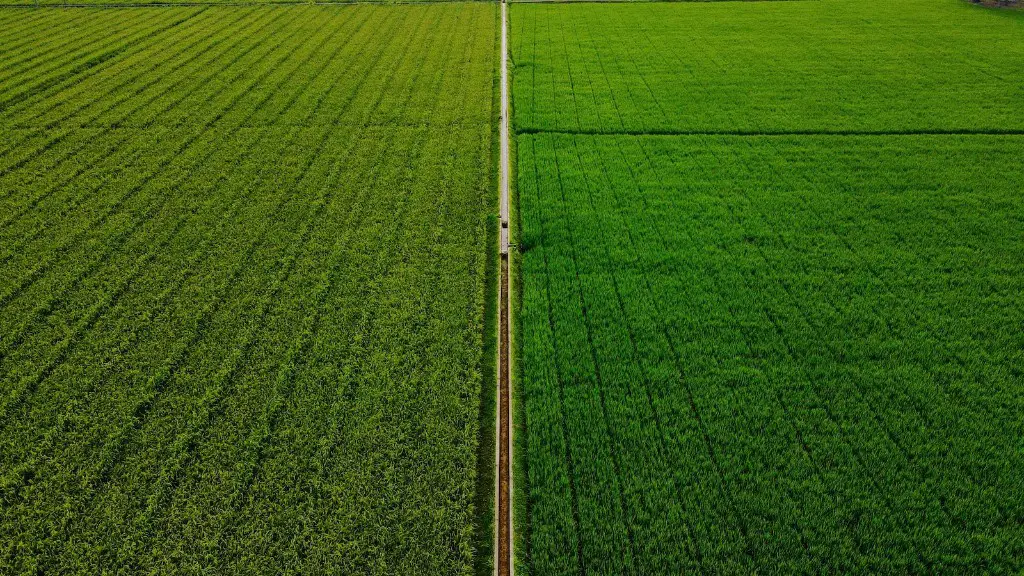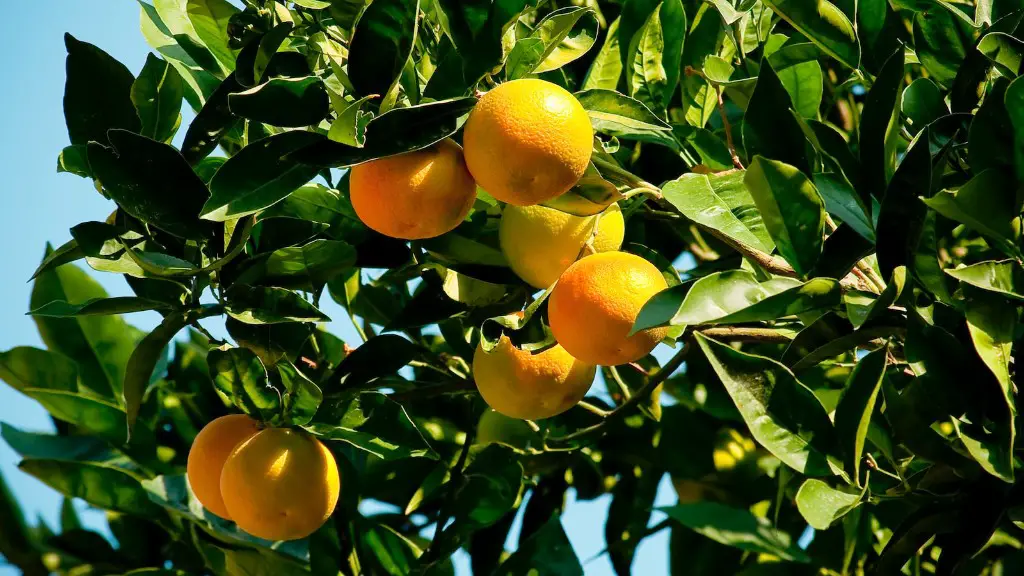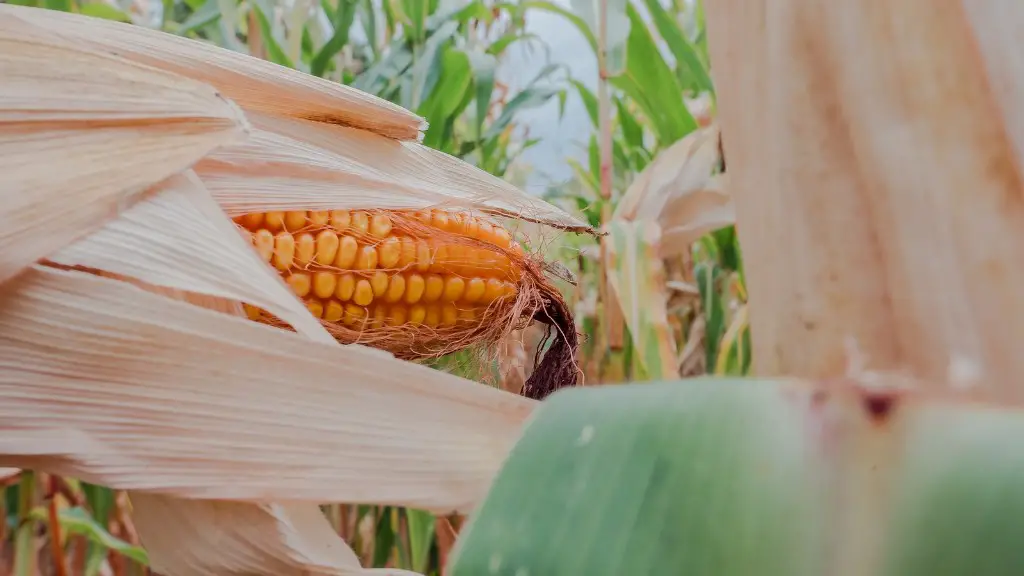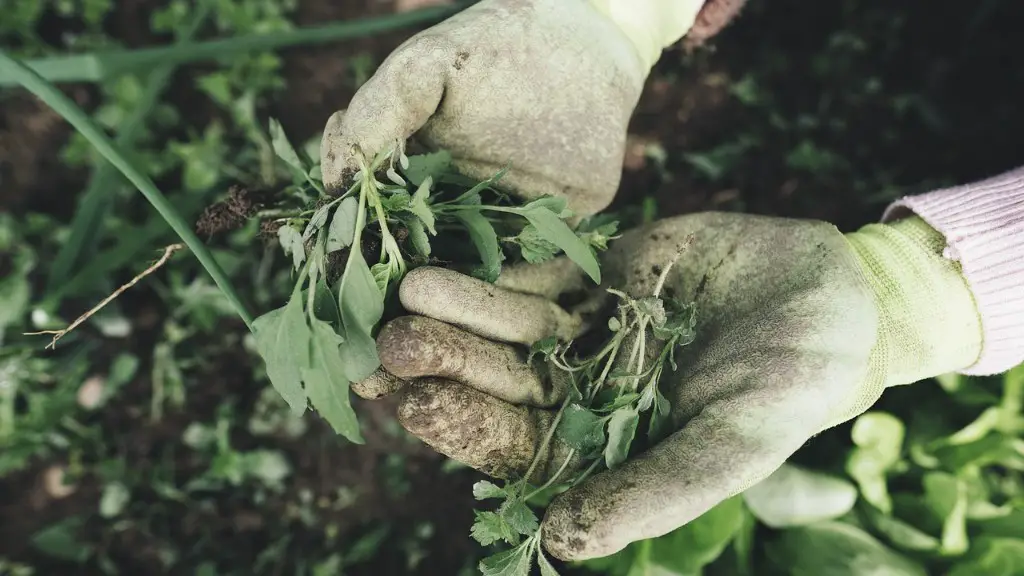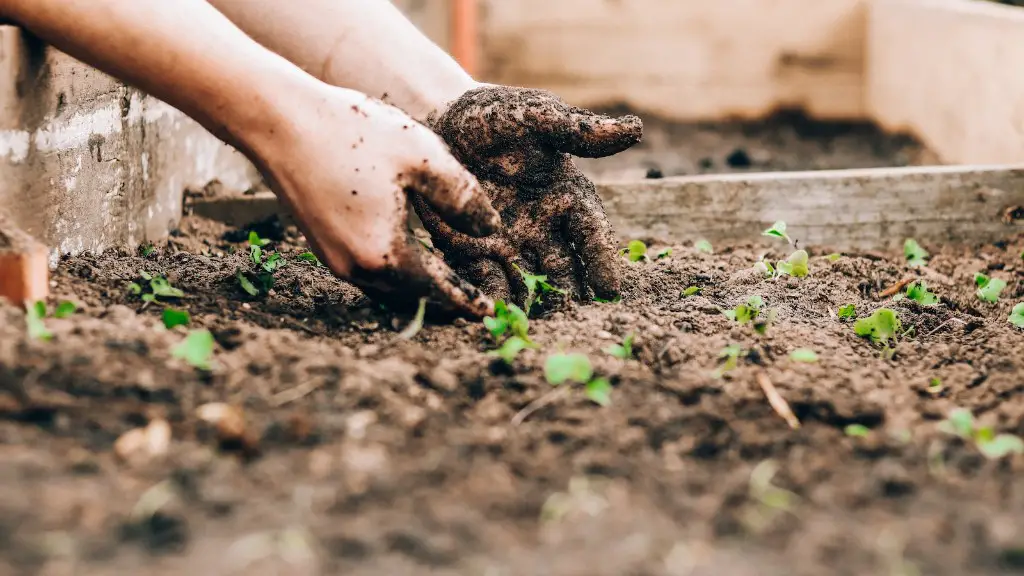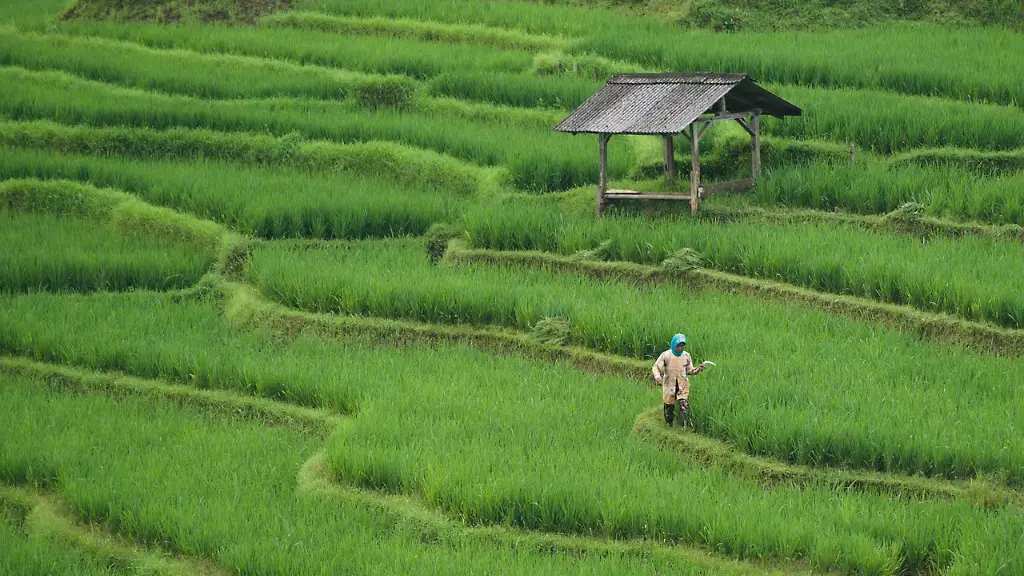With the rise of organic and local foods, many people are wondering if agriculture is a dying industry. While it is true that the number of farms in the United States has been declining for many years, the agriculture industry is still strong. In 2012, the agriculture industry generated $960 billion in sales and employed more than two million people. The industry is also expected to grow in the coming years.
There is no definitive answer to this question as the future of agriculture is reliant on a number of factors, including government policy, technological advancements, and global economic conditions. However, it is clear that the industry is facing challenges, particularly in developed countries where farming is increasingly mechanized and consolidation is occurring. In addition, many young people are choosing not to enter the field, preferring instead to pursue other career paths. This could lead to a decline in the available labor force, which could further impact the industry. While the future of agriculture is uncertain, it is clear that the industry is facing challenges that could threaten its long-term viability.
Is there a future in agriculture?
There is an increasing push to bring farming into the future with data science in order to meet the global demand for food. Data science can help farmers to increase production and efficiency while reducing costs. In addition, data science can provide insights into trends and patterns that can help farmers to make better decisions about their business.
Climate change is making it more difficult for farmers to produce food. Shifting weather patterns and extreme weather events are making it harder to grow crops and raise livestock. A reliance upon non-renewable energy is also a factor in impending food crises. We need to find ways to help farmers adapt to climate change and reduce our reliance on fossil fuels.
Is there a high demand for agriculture
The world’s population is increasing rapidly and the need for food will only become more significant. Agriculture jobs will be critical in meeting this demand. We need to work together to increase agricultural production by 70%. This will require innovative thinking and a commitment to working together. With these things, we can make a difference.
There are two large problems facing agriculture in the modern world: The loss of agricultural land through erosion and manmade factors is one of them. The other is the increasing lack of diversity in crops.
Erosion is a natural process that can be accelerated by human activity, and it is a major problem in many parts of the world. Agricultural land is being lost to erosion at an alarming rate, and this is a major concern for the future of food production.
The loss of agricultural land is also caused by manmade factors, such as urbanization and industrialization. These activities often result in the conversion of agricultural land to other uses, such as residential or commercial development. This land is often lost forever to agriculture, and it reduces the amount of land available for food production.
The other major problem facing agriculture is the increasing lack of diversity in crops. This is caused by the use of monoculture, or the cultivation of a single crop in an area. Monoculture is often used in large-scale commercial agriculture, and it can have a negative impact on the environment and the food supply.
Diversity is important for the health of ecosystems, and it is essential for the future of food production. The loss of diversity in
Why are people leaving the farming industry?
There are several factors contributing to the trend of fewer farms and more off-farm work for farm spouses. Farm productivity is rising, which means fewer workers are needed on the farm. At the same time, non-farm employment opportunities are increasing, providing more options for people who want to work in agriculture. Additionally, more farms are being operated as second jobs, which often requires farm spouses to take on more responsibility for the farm.
Degraded soil is a major problem for farmers because it makes it more difficult and expensive to grow food. Without healthy soil, farmers won’t be able to grow nutrient-dense food to feed our growing population. The calculated loss in the region is part of a critical issue; some experts suspect that Earth will run out of usable topsoil within 60 years. This is a major problem that needs to be addressed urgently.
Why do farmers not make much money?
The study found that declining farm operator livelihoods are connected to rising input costs, shrinking production values and challenges to land access. The study suggests that these factors are having a negative impact on the livelihoods of farm operators.
Almost three fourths of farmers have reported a reduction in harvest yield due to drought conditions. An increase from last year, 37% of farmers said they are forced to till over fields that won’t produce anything due to lack of water. These conditions have put extra strain on farmers who are already struggling to keep up with demands.
What will happen if agriculture is stopped
If farmers stop cultivation, it will have a major impact on the food supply for both humans and animals. Crops such as wheat, rice, and maize would no longer be grown, leading to a shortage of food and potentially starvation. Therefore, it is essential that farmers continue to cultivate crops to ensure the survival of both people and animals.
This job is best suited for those who have a keen enthusiasm in the agricultural settings and want to apply their engineering knowledge in that field. It is a great opportunity for a career in agriculture, as the job offers excellent opportunities to learn and grow in the field.
Who is No 1 in agriculture?
It is no surprise that the United States, China, and Turkey are the top producers of almonds, apples, and apricots respectively. These countries have the perfect climate and terrain for cultivating these fruits. Mexico is also a top producer of avocados, another fruit that thrives in warm climates.
Livestock is a great way to make money from your land. Animals have a few more expenses than other methods, but they usually bring in more money in terms of net income.
Why is agriculture the biggest mistake
Farming allowed for the domestication of plants and animals, which led to the development of civilizations and cities. However, this also resulted in the rise of deep class divisions between those who owned the land and those who worked it. Hunter-gatherers, on the other hand, had no stored food or concentrated food sources, and so were forced to live off the land. This led to a more equal distribution of resources and less social stratification.
These are just a few examples of environmental issues that can have a big impact on farmers. There are many other factors that can affect profits and productivity, including weather, pests, and disease.
What is main problem facing farmer today?
We need to invest in rural infrastructure, especially in the agriculture sector. Farmers have to face many challenges due to lack of infrastructure and this is one of the biggest issues they face. This includes poor roads, transportation facilities and so on. Farmers have to depend on others for transport services which increase their costs significantly. We need to invest in rural infrastructure to make it more accessible and reduce the costs for farmers.
Farm operator households have more wealth than the average US household because they have significant capital assets, like farmland and equipment. On average, US farm households had $2,100,879 in wealth in 2021. This is due to the high costs of farming operations and the need for specialized equipment.
Warp Up
No, agriculture is not a dying industry.
The conclusion for this topic could discuss the multiple factors that are causing the decline of the agriculture industry and how it is impacting farmers and those that work in the industry. It could also provide possible solutions to help sustain the industry or revive it.
